With age, we naturally begin to decrease melatonin synthesis, which can occasionally affect maintenance of healthy sleep patterns. Our melatonin levels begin to drop at around age 35-40, gradually declining such that by the time we are in our 70's, our nighttime melatonin levels are often similar to daytime levels.1 Doctor's Best Melatonin provides an exogenous (external) source of melatonin to support the maintenance of sleep patterns that are in sync with both the demands of our daily schedules and the circadian rhythms largely dictated by our biological clock.
Because melatonin is naturally produced in response to darkness, individuals confronted with altered sleeping patterns due to shift-work (or other responsibilities that require them to sleep during the day) occasionally have trouble maintaining healthy sleep patterns during daylight hours. Research has shown that melatonin can be an integral part of efforts to enhance quicker adjustment to new sleep schedules—and the maintenance of them—over time.2 In a clinical study investigating the sleep patterns of 86 shift-work nurses, the subjects were given either melatonin or placebo 30 minutes prior to their intended sleep. The results indicated that participants in the melatonin study group fell asleep an average of 16 minutes sooner. This group also displayed significantly increased sleep quality scores as measured by questionnaires completed immediately upon waking.3
As our melatonin supply naturally decreases, the brain's sensory mechanisms can sometimes prematurely wake the body. Data from clinical studies suggests that occasional supplementation with melatonin may lengthen the period of time spent sleeping by avoiding the scenario of the brain misinterpreting low melatonin levels as a sign to wake up. A meta-analysis reviewing studies on certain segments of the population noted that melatonin increased the average time that some research subjects spent sleeping by 50 minutes. Additionally, this analysis found that melatonin significantly decreased the number of times subjects awoke during the night and, furthermore, that subjects feel asleep an average of 34 minutes sooner.4
It should be noted that these types of effects are dependent on several variables, including age, the genetic makeup of individuals, and environmental factors. Nonetheless, melatonin supplementation may be on occasion useful to enhance subjective and/or objective sleep parameters for some individuals with the intent of enhancing the overall effectiveness of sleep to refresh the body.1,4
Enhanced recovery from jet lag* - Jet lag occurs when the body's biological clock remains adjusted to the point of departure after extended travel across three or more time zones. As a result, circadian rhythms may be inappropriately phased (not matching the light/dark environment) during the first few days at the destination. Because the biological clock is highly regulated, travelers may have difficulty quickly adjusting to new sleep schedules. Travelers may temporarily experience decreased concentration and motivation in association with increased fatigue and irritability. Research using these types of subjective measurements of jet lag—like impaired concentration and decreased alertness—suggests that melatonin may be effective in helping to shift the biological clock's adjustment to new time zones after arrival. Findings further suggest that melatonin supplementation is not associated with daytime fatigue when taken at night.5
Supports cognitive function and brain health* -Melatonin is both a hormone with several important physiological implications and an antioxidant with properties known to exert beneficial effects on the brain. As a hormone, melatonin regulates sleep, a necessary physiological process required for the body and the brain to function normally. Normal melatonin levels are associated with healthy neuron structure, as well as the maintenance of normal cognitive function in the elderly. The hormone's antioxidant characteristics inhibit the accumulation of free radicals in the brain, promoting integrity of the neurons. In nervous system cells that produce the neurotransmitter acetylcholine (ACh), production is dependent upon the enzyme choline acetyltransferase (ChAT). After synthesis, ACh is transported into synaptic vesicles to contribute to normal cognitive function. Research has shown that melatonin may partially prevent the inhibition of both choline transport and ChAT activity that sometime occurs, thereby supporting healthy brain function.6
Safety:
No significant adverse reactions have been associated with melatonin. A meta-analysis of safety data from 487 participants involved in 10 research studies determined that the reported sided effects did not differ between the melatonin and the placebo groups.7 You should consult with your doctor if you are pregnant or lactating before taking melatonin.
Scientific references - 1. Karasek, M. and K. Winczyk, Melatonin in humans. J Physiol Pharmacol, 2006. 57 Suppl 5: p. 19-39.
2. Revell, V.L., et al., Advancing human circadian rhythms with afternoon melatonin and morning intermittent bright light. J Clin Endocrinol Metab, 2006. 91(1): p. 54-9.
3. Sadeghniiat-H
ghighi, K., et al., Efficacy and hypnotic effects of melatonin in shift-work nurses: double-blind, placebo-controlled crossover trial. J Circadian Rhythms, 2008. 6: p. 10.
4. Braam, W., et al., Exogenous melatonin for sleep problems in individuals with intellectual disability: a meta-analysis. Dev Med Child Neurol, 2009. 51(5): p. 340-9.
5. Waterhouse, J., et al., Jet lag: trends and coping strategies. Lancet, 2007. 369(9567): p. 1117-29.
6. Wang, J.Z. and Z.F. Wang, Role of melatonin in Alzheimer-like neurodegeneration. Acta Pharmacol Sin, 2006. 27(1): p. 41-9.
7. Buscemi, N., et al., Efficacy and safety of exogenous melatonin for secondary sleep disorders and sleep disorders accompanying sleep restriction: meta-analysis. BMJ, 2006. 332(7538): p. 385-393.





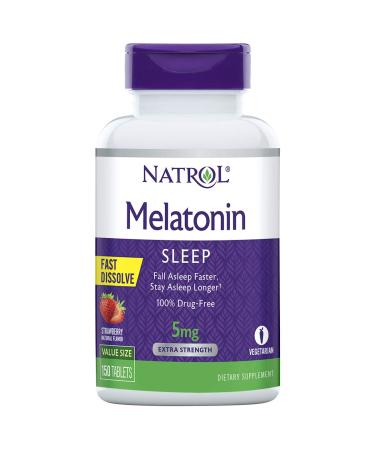

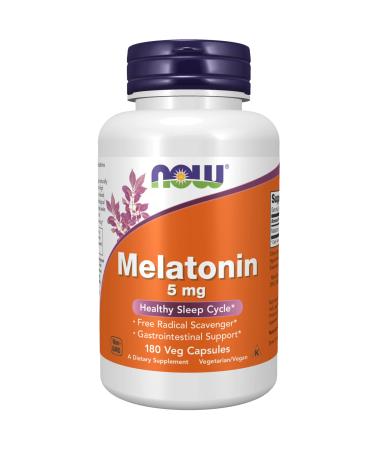
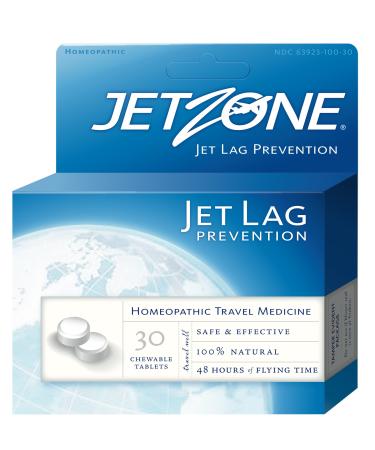
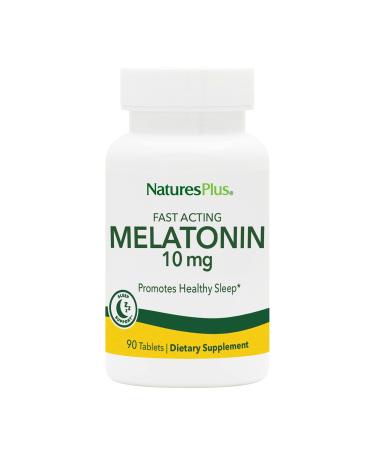
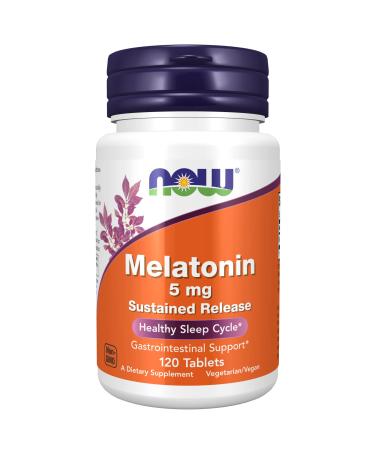
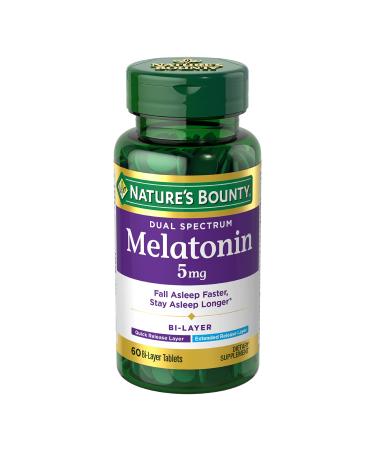


![Stewart Freeze Dried Dog Treats Made in USA [Single Ingredient Puppy and Dog Training Treats - Grain Free Natural Dog Treats] Resealable Tub to Preserve Freshness](https://www.gosupps.com/media/catalog/product/cache/25/small_image/375x450/9df78eab33525d08d6e5fb8d27136e95/6/1/61gwbbixarl._ac_sl1500_.jpg)







